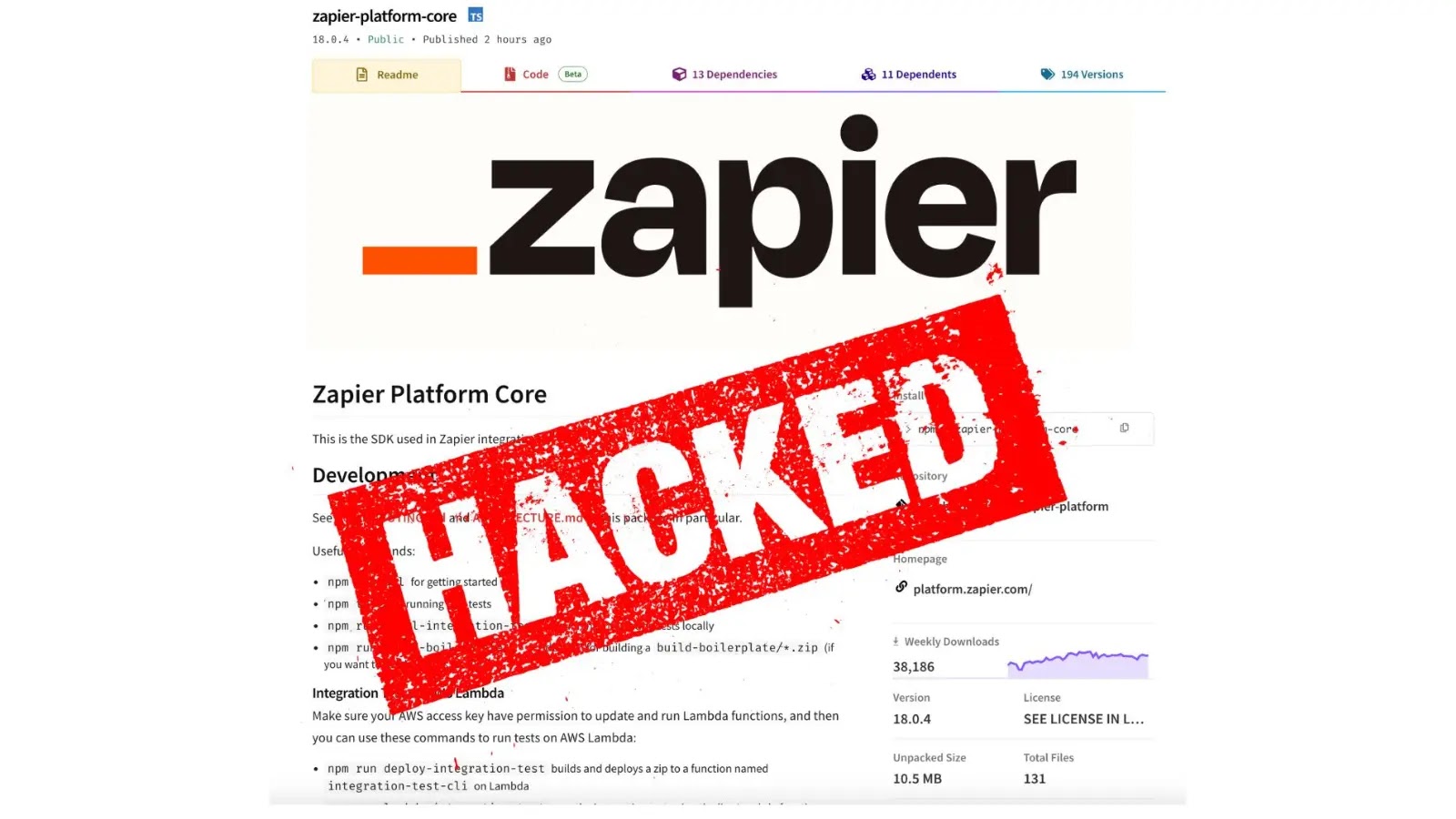In recent developments, cybercriminals have been increasingly exploiting reputable email marketing platforms to orchestrate sophisticated phishing campaigns. By leveraging the trusted reputation of these services, attackers can bypass security filters and deceive recipients more effectively.
Exploitation of Click-Tracking Services
Attackers are misusing click-tracking domains and URL redirection services provided by established email marketing companies to mask their malicious intentions. Platforms such as Klaviyo’s ‘klclick3.com’ and Drip Global’s ‘dripemail2.com’—originally designed to monitor user interactions with marketing emails—are being repurposed to route malicious URLs. This tactic creates a facade of legitimacy, enabling phishing emails to evade detection by traditional security systems. The exploitation is particularly insidious because it capitalizes on the inherent trust users place in recognized marketing platforms.
Sophisticated Phishing Lures
Recent analyses reveal that these campaigns often employ advanced lures, including fake voicemail notifications, DocuSign document requests, and payment-related messages. For instance, phishing emails may mimic legitimate communications, prompting recipients to click on links that lead to malicious sites. These deceptive tactics are designed to manipulate users into divulging sensitive information or downloading malware.
Advanced Redirection and Evasion Techniques
The technical sophistication of these campaigns is evident in their multi-layered redirection mechanisms. In one documented case, attackers used a Base64-encoded redirection scheme where the initial phishing URL contained encoded strings that, when decoded, revealed the actual malicious destination. Additionally, attackers implement anti-analysis measures by disabling right-click functionality through JavaScript event listeners, preventing users from inspecting elements or copying links.
Chameleon Phishing Techniques
These campaigns also employ chameleon phishing techniques, dynamically fetching company information and logos using services like Clearbit to create personalized phishing pages that appear legitimate to specific victims. These pages often integrate Cloudflare Turnstile for human verification, adding another layer of evasion while appearing to provide security measures.
Challenges for Cybersecurity Teams
The abuse of legitimate infrastructure creates significant challenges for cybersecurity teams, as traditional blacklisting approaches become ineffective when malicious content is hosted on trusted domains. This trend underscores the need for advanced behavioral analysis and machine learning-based detection systems capable of identifying malicious intent regardless of the hosting infrastructure’s reputation.
Recommendations for Mitigation
To mitigate the risks associated with these sophisticated phishing campaigns, organizations should consider the following measures:
1. Enhanced Email Filtering: Implement advanced email filtering solutions that analyze the behavior and content of emails, rather than relying solely on the reputation of the sending domain.
2. User Education: Conduct regular training sessions to educate employees about the latest phishing tactics and the importance of scrutinizing unexpected emails, even if they appear to come from trusted sources.
3. Multi-Factor Authentication (MFA): Enforce MFA across all user accounts to add an additional layer of security, making it more difficult for attackers to gain unauthorized access.
4. Regular Security Audits: Perform periodic security audits to identify and remediate vulnerabilities within the organization’s email systems and related infrastructure.
5. Incident Response Planning: Develop and maintain an incident response plan to ensure a swift and effective response to phishing attacks and other security incidents.
By adopting these measures, organizations can enhance their resilience against the evolving threat landscape posed by cybercriminals exploiting legitimate email marketing platforms.



